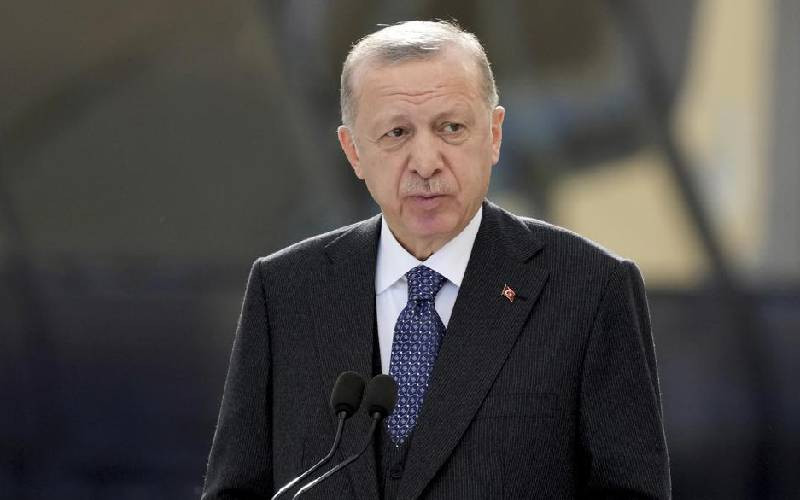
Turkey finds itself thrust to the top of geopolitical visibility although it suffers credibility and identity problems. Stuck in the midst of Asian, European, and Arab cultural influences, it is the home of Biblical figures like Noah, the ark builder.
It had its great moments in the days of the Roman Empire. It was at Nicea that, in 325 CE, Emperor Constantine ordered bishops to agree on the divinity of Jesus. They produced the Nicean Creed that Christians recite in churches. As the Ottoman Empire, it gained the epithet of 'Sick Man of Europe' in the 19th Century and, after the Great War, 1914 to 1918, lost its empire to Britain, France, and the House of Saud.